Fisheries Product Technology Students of Fakultas Perikanan dan Ilmu Kelautan Universitas Diponegoro Undertake Internship Program in Hokkaido, Japan
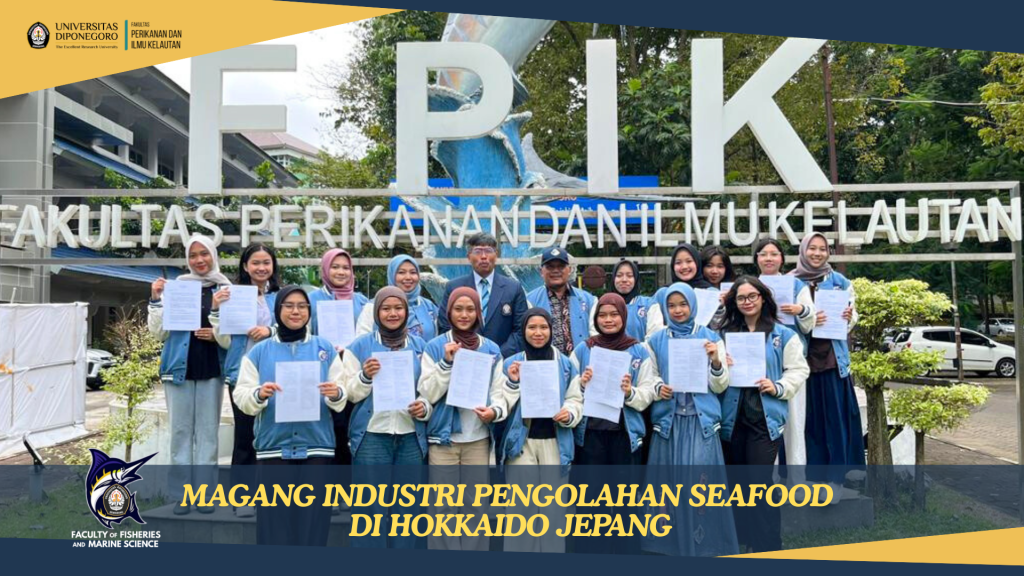
Semarang – Students from the Fisheries Product Technology Study Program, Faculty of Fisheries and Marine Sciences, Diponegoro University (FPIK Undip), continue to demonstrate their international engagement by participating in an internship program in Hokkaido, Japan. This program is part of the faculty’s efforts to enhance students’ global competencies through direct exposure to the fisheries processing […]
Alumni of FPIK Universitas Diponegoro Share Career Success Strategies to Strengthen World Class University Networking
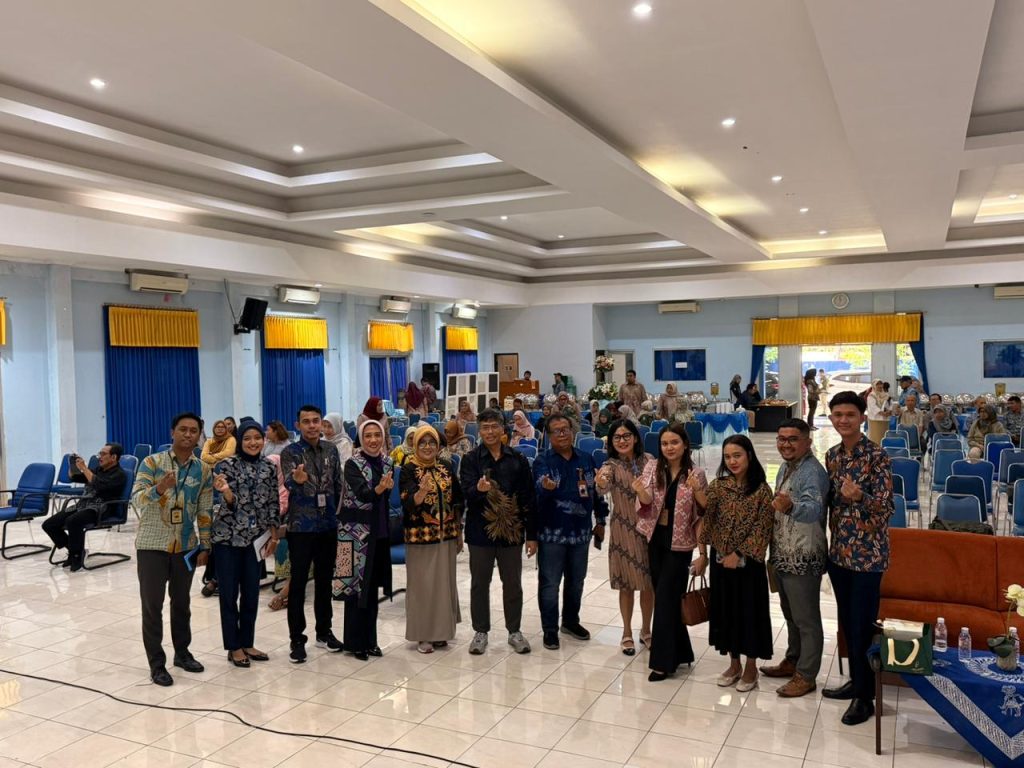
Semarang – The Faculty of Fisheries and Marine Sciences (FPIK) Universitas Diponegoro organized an alumni outreach event titled “Consolidation and Networking of Alumni for the World Class University Program” under the theme “Alumni Engagement for Global Excellence: Strategies Toward a World Class University.” The event was held on February 10, 2026, at the Auditorium FPIK […]
FPIK Undip Participates in Integrity Zone Strengthening Workshop and LKE Desk Evaluation toward WBK/WBBM
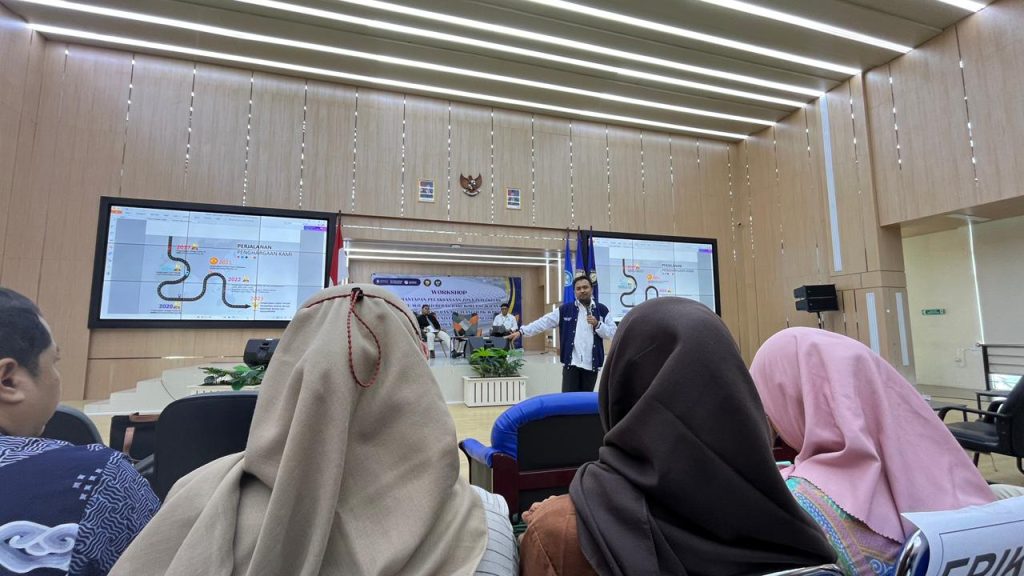
Semarang — The Faculty of Fisheries and Marine Sciences, Universitas Diponegoro (FPIK Undip), took part in the Workshop on Strengthening the Implementation of the Integrity Zone toward a Corruption-Free Area (WBK) and a Clean and Serving Bureaucratic Area (WBBM), along with the Desk Evaluation of the Integrity Zone Evaluation Worksheet (LKE) held within Universitas Diponegoro. […]
FPIK Undip Encourages Young People to Learn About Fisheries and Marine Sciences by Welcoming a Visit from SMA Muhammadiyah 2 Surabaya
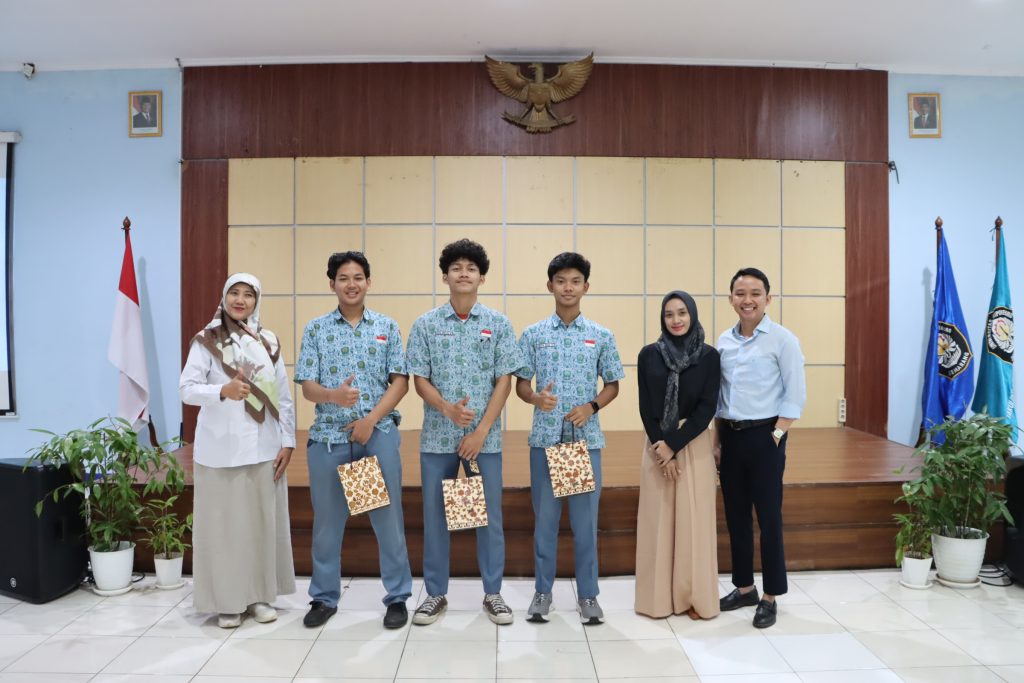
On Monday, December 8, 2025, the Faculty of Fisheries and Marine Sciences (FPIK) at Diponegoro University welcomed an educational visit from SMA Muhammadiyah 2 Surabaya. Around 100 students attended the event, which took place in the FPIK Undip Auditorium on the Tembalang Campus in Semarang. The group was officially welcomed by FPIK Undip officials. In […]
SMK Perikanan dan Kelautan Jember Visits FPIK Undip to Explore Academic Opportunities in Marine and Fisheries
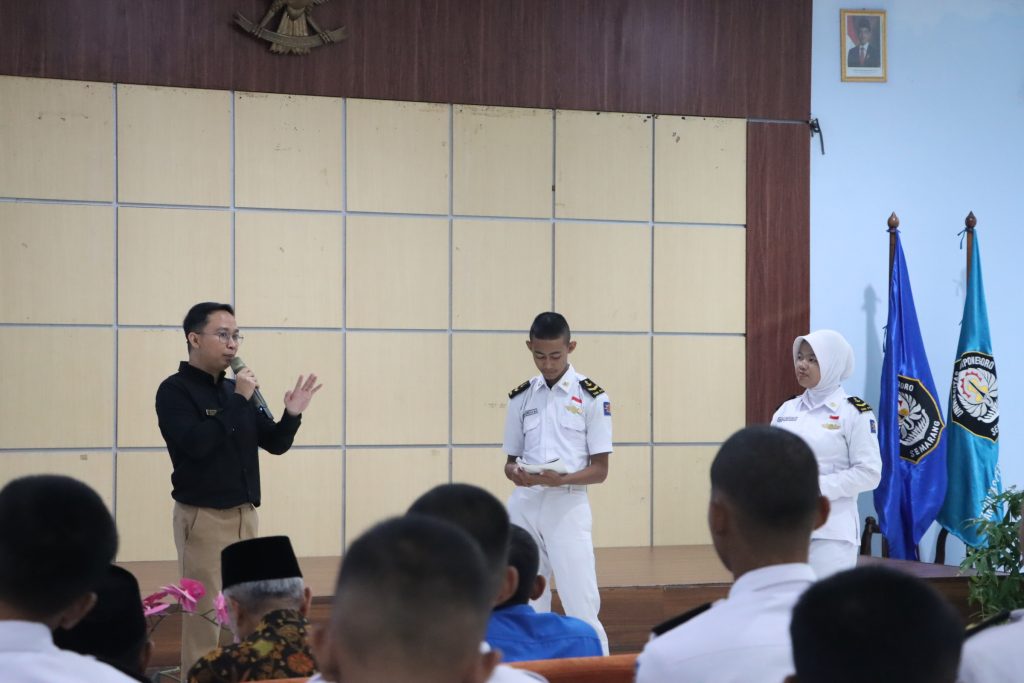
Semarang, 27 November 2025 — The Faculty of Fisheries and Marine Sciences (FPIK) at Diponegoro University welcomed a delegation from SMK Perikanan dan Kelautan Jember. The welcoming ceremony, held at the FPIK Auditorium on the Tembalang Campus, was attended by 50 students and 10 accompanying teachers. The visit aimed to provide students with insight into […]
Aquaculture Business Day 2025 Successfully Held at FPIK Undip, Bringing New Energy to Aquaculture Innovation
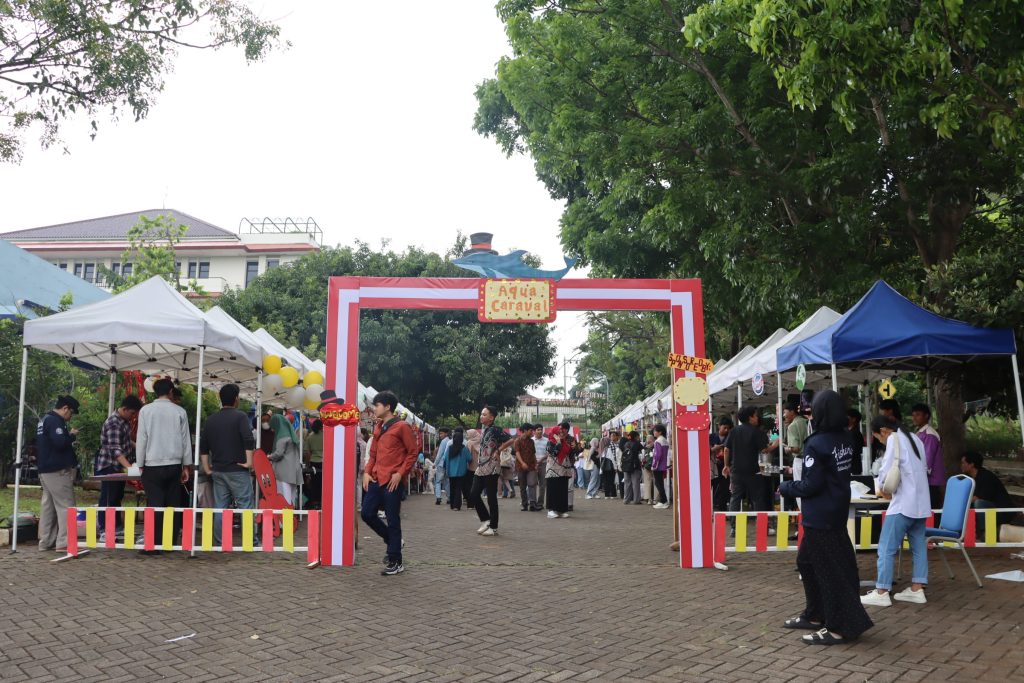
Semarang (21/11) — The Faculty of Fisheries and Marine Sciences (FPIK), Diponegoro University, once again presented a major event in the field of aquaculture through Aquaculture Business Day (ABD) 2025. Designed to bring together entrepreneurs, students, and innovators on a shared stage of collaboration and aquaculture business development, this event also served as the culmination […]
UNDIP Holds LKE ZI Workshop Toward WBK/WBBM, FPIK Plays an Active Role in Strengthening Integrity Culture
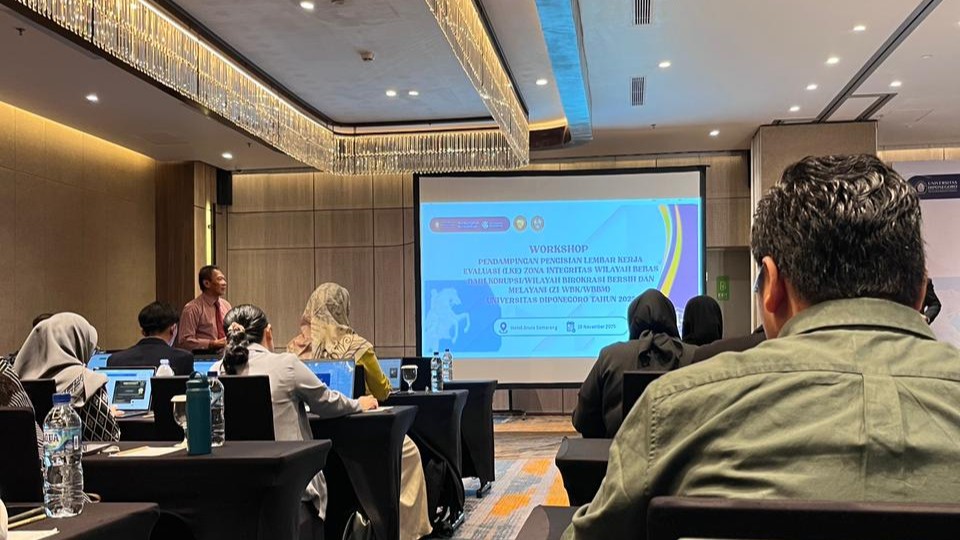
Diponegoro University, through its Directorate of Legal Affairs and Organization (DHO), organized the Assistance Workshop on Completing the Integrity Zone Evaluation Worksheet (LKE) toward WBK/WBBM on 18 November 2025 at Hotel Aruss Semarang. This activity serves as a strategic effort to strengthen a culture of clean, transparent, and accountable governance across all university units. The […]
The Workshop on Enhancing the Total Number of Citations and Research Articles in Reputable International Journals at FPIK UNDIP
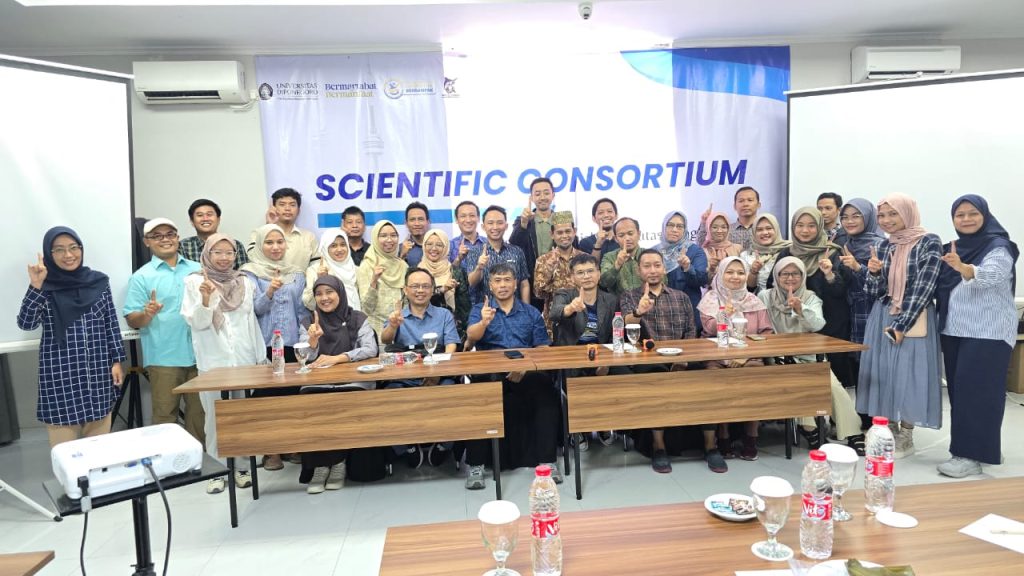
To enhance the quality of scientific publications and boost the visibility of research conducted by lecturers and researchers, the Faculty of Fisheries and Marine Sciences (FPIK) at Diponegoro University (UNDIP) organized a workshop focused on increasing citations and producing highly reputable scientific articles. This event took place at the Teluk Awur Campus in Jepara. The […]
ITroSCo 2025 – Camp: Fostering Global Collaboration for Sustainable Fisheries and Marine Conservation
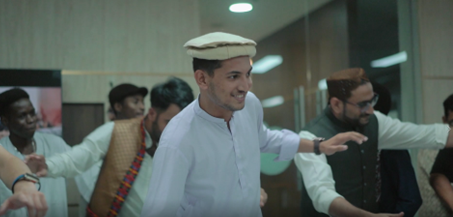
The Faculty of Fisheries and Marine Science (FPIK) of Diponegoro University successfully held the International Tropical Summer Course (ITroSCo) 2025 – Camp, themed “Sustainable Aquaculture and Marine Ecosystem”, from October 10–12, 2025, in Jepara, Central Java. The program brought together international participants from various countries, including Bangladesh, Pakistan, Yemen, Egypt, Nigeria, Sudan, and the Philippines. […]
REGISFEST 2025: Mapping the Future-Integrating Science, Society, and Sustainability
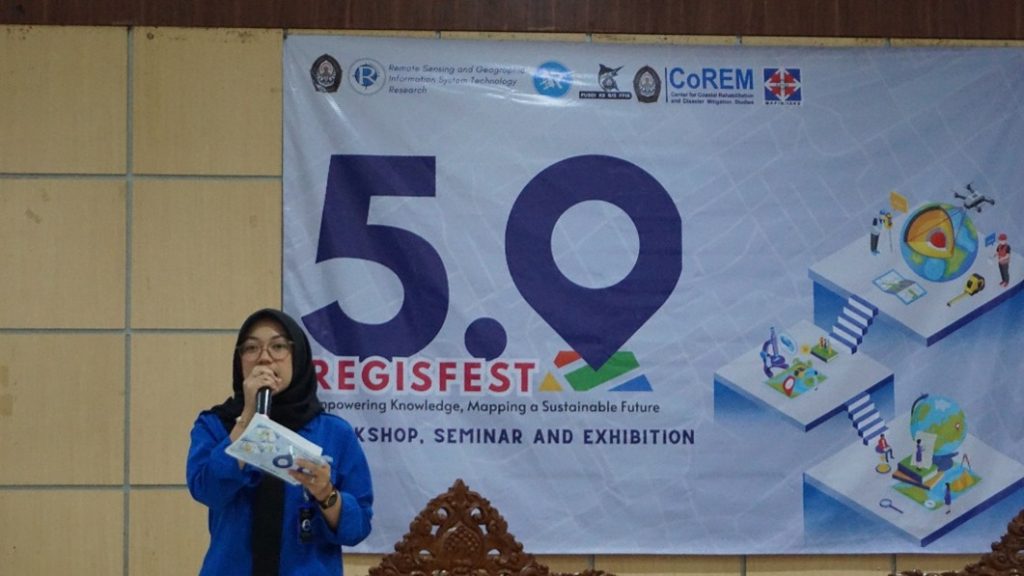
REGISFEST 2025 has once again been successfully organized by UKMF REGISTER, Faculty of Fisheries and Marine Science, Diponegoro University. As an annual flagship event, REGISFEST serves as a platform for students, academics, and professionals to deepen their knowledge and application of geospatial technology across various fields. Carrying the spirit of “Empowering Spatial Intelligence for a […]
